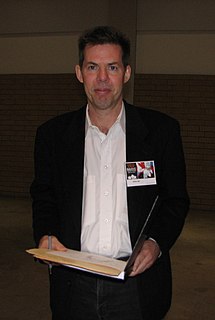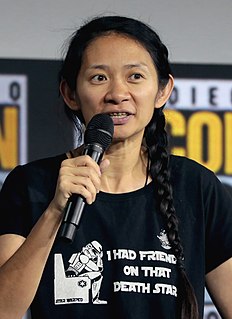A Quote by Dave Sim
Because my work discusses feminism and disapproves of feminism, it is important from the leftist standpoint to destroy Dave Sim as an individual and to ignore his work.
Related Quotes
I think feminism has always been global. I think there's feminism everywhere throughout the world. I think, though, for Western feminism and for American feminism, it not so surprisingly continues to center Western feminism and American feminism. And I think the biggest hurdle American feminists have in terms of taking a more global approach is that too often when you hear American feminists talk about international feminism or women in other countries, it kind of goes along with this condescending point of view like we have to save the women of such-and-such country; we have to help them.
There are many feminists who work in the media, and they think that feminism is very important. It is in their own lives, but mostly feminism has had an impact among privileged women in the advanced Western countries. For the most part, it hasn't begun to touch the lives of poor and working women in the Third World, and that distresses me.
I had a real come-to-Jesus a couple of years ago when I started to see the direct line between feminism and everything else - feminism and climate change, feminism and poverty, feminism and hunger - and it was almost like I was born again and started walking down the street and was like, "Oh, my God, there are women everywhere! They're just everywhere you look. There's women all over the place!"
It's very important for feminism for us to tell our daughters that they should be strong. But to tell our sons that they can be vulnerable, to have these characters on screen that are not perfectly masculine cowboys that never fail, for our boys to change their psyche as well, that's equally important for feminism.
When I grew up, feminism wasn’t something that was really talked about. There’s a really negative stereotype about feminism in the media. That really plays badly for young women understanding the movement. Maybe people don’t want to identify themselves as feminists because of the label. But people need to understand what feminism means and educate themselves before they reject it.


































